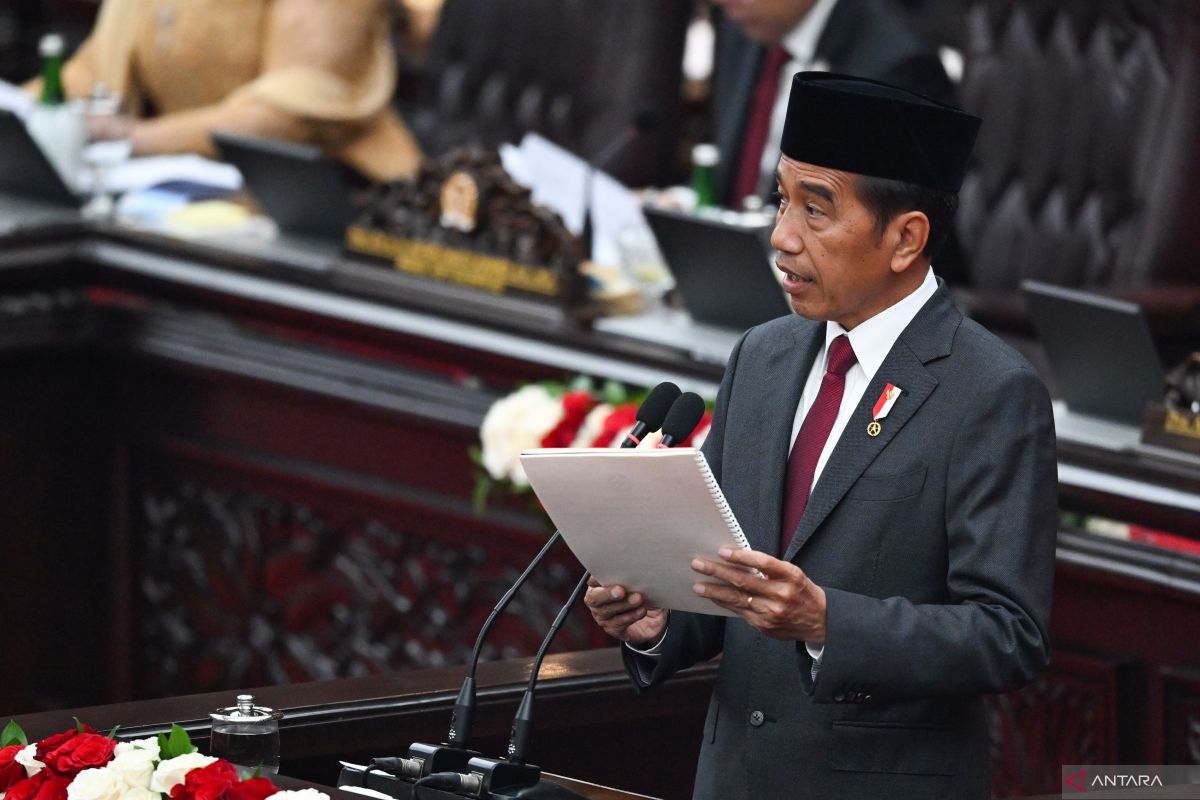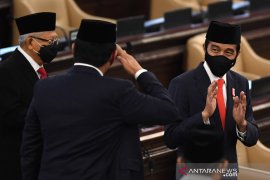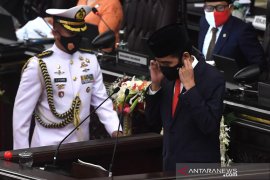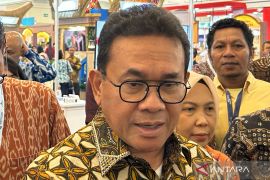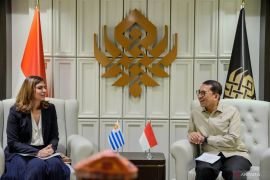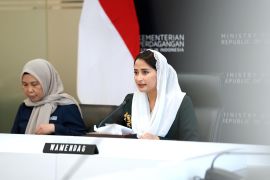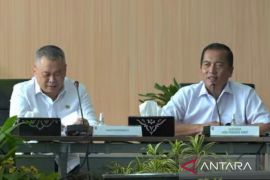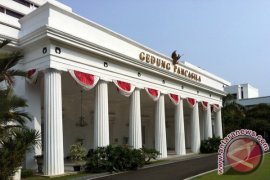President Jokowi outlined a spending plan that divides budget funds into two main categories: Rp2,693.2 trillion for the central government and Rp919.9 trillion for transfers to regional administrations.
Central government spending will be earmarked for key areas such as education, social protection, health, food security, and infrastructure development.
Education will get the largest allocation, with Rp722.6 trillion dedicated to improving school nutrition, renovating facilities, establishing elite schools, expanding scholarships, and supporting research.
To address poverty and inequality, the government will set aside Rp504.7 trillion for social protection programs.
The health sector will get Rp197.8 trillion—or 5.5 percent of the total state spending—to enhance service quality, reduce stunting, combat infectious diseases, and provide free health checks.
Food security is a priority with a budget of Rp124.4 trillion earmarked for increasing agricultural productivity, stabilizing food prices, improving distribution networks, and expanding financing options for farmers.
The planned infrastructure development allocation of Rp400.3 trillion will focus on education and health facilities, connectivity, food and energy infrastructure, and the sustainable development of the new capital city.
To foster regional development and reduce disparities, the government plans to transfer Rp919.9 trillion to regional administrations.
This funding is intended to align central and local policies, optimize resource allocation, and strengthen inter-regional cooperation.
Related news: State revenue planned at Rp2,996 trillion in 2025 draft budget
Related news: Indonesia eyes lowering unemployment rate to 4.5-5 pct in 2025 RAPBN
Translator: Maria Cicilia Galuh Prayudhia, Aditya Eko Sigit Wi
Editor: Rahmad Nasution
Copyright © ANTARA 2024
